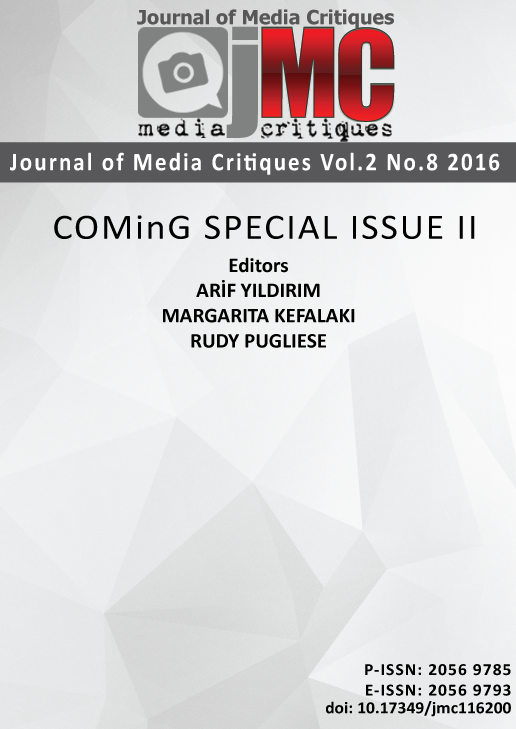THE INFLUENCE OF THE INTERNET ON CHILDREN’S VACCINATION: APPLYING INTERCULTURAL THEORIES TO ANALYZE PARENTAL DECISION-MAKING
THE INFLUENCE OF THE INTERNET ON CHILDREN’S VACCINATION: APPLYING INTERCULTURAL THEORIES TO ANALYZE PARENTAL DECISION-MAKING
Author(s): Melissa FryerSubject(s): Media studies, Communication studies, Theory of Communication, Health and medicine and law, Family and social welfare
Published by: University of Lincoln and World Experience Campus Foundation
Keywords: immunization; influence; Internet; intercultural communication; discourse analysis; decision making;
Summary/Abstract: Immunization is one of the greatest medical breakthroughs of modern history, reducing dozens of deadly diseases to preventable ones – even eradicating some entirely - yet parents are choosing to forgo vaccination for their children. Many of these parents are educated and affluent, with timely access to information on immunization's risks and benefits. How they use this information – to inform decision making on vaccination – is the subject of this research. Data for this study was gathered through semi-structured interviews with a small sample of six parents who researched vaccination on the Internet. Transcriptions were coded using Fairclough's framework for discourse analysis and analysis applied Gudykunst’s theory of anxiety uncertainty management. Research reveals parents seek information to support preconceived bias toward vaccination as well as reduce anxiety and uncertainty in decision making. This research adds to the understanding of how online information influences parental decision-making in regards to immunization of their children
Journal: Journal of Media Critiques
- Issue Year: 2/2016
- Issue No: 8
- Page Range: 57-80
- Page Count: 24
- Language: English

